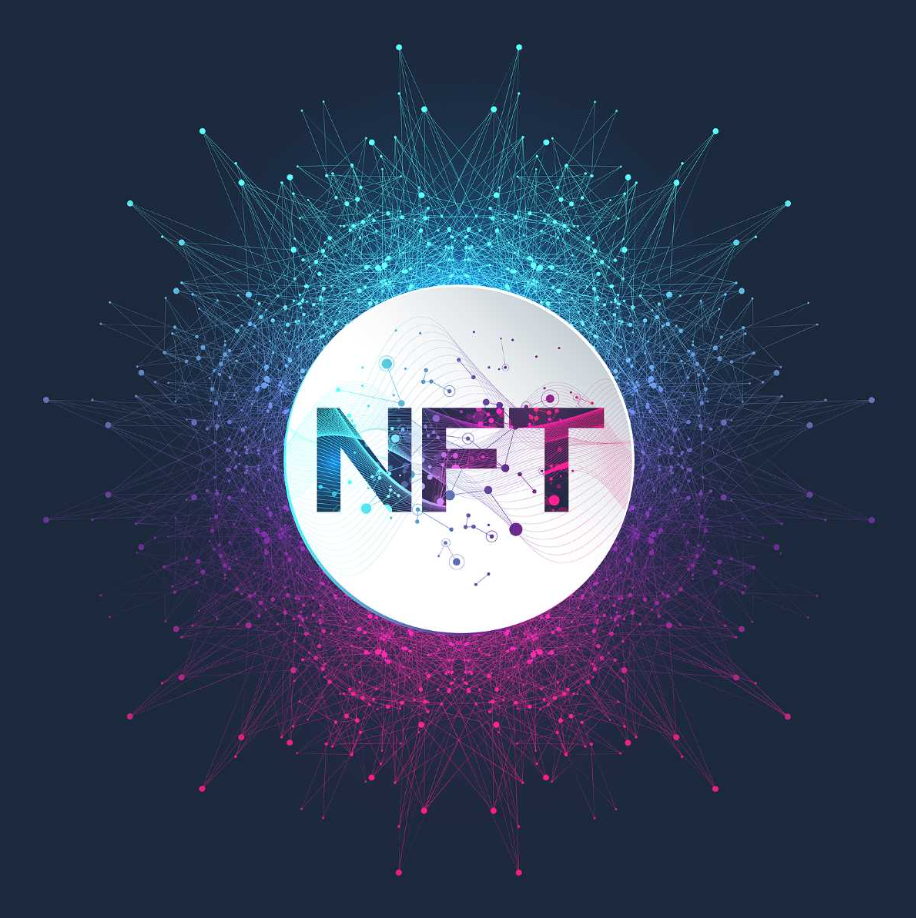The advent of blockchain technology stands as one of the epochal innovations of our times. Its ripple effects are poised to recalibrate the core mechanisms of various sectors, and real estate stands to gain immensely from this seismic shift. This exploration dives deep into the ways blockchain rejuvenates real estate deals and the hurdles it must surmount.
Today's real estate dealings are notoriously intricate, fraught with multifaceted stages that often lead to opacity and skepticism. Each phase, managed by a distinct entity, fosters an environment where trust deficits are rife.
Stepping into this complex tableau, blockchain emerges as a beacon of hope. Its indomitable framework, which ensures a transparent, immutable, and fortified ledger, has the capacity to chronicle every nuance of a real estate deal. The advantages are manifold:
- Transparency: Every transaction is recorded and verifiable, instilling confidence in stakeholders.
- Security: Fortified against breaches, the blockchain ledger is a bastion of safety.
- Speed: Bypassing the traditional bureaucratic labyrinths, deals are expedited.
- Cost-Efficiency: With intermediaries reduced, transaction costs take a nosedive.
Despite its sterling attributes, blockchain in real estate isn't devoid of challenges. The path to universal adoption bristles with hurdles - be it the maze of legal frameworks, the need for standardization, the integration conundrum with legacy systems, or the ever-looming shadow of privacy concerns.
While the journey of blockchain in reshaping real estate transactions isn't devoid of obstacles, its transformative potential is undeniable. As the technology evolves and finds its footing, it's destined to sculpt a new era of real estate deals that are more transparent, swifter, and efficient. The future of property transactions, it seems, is blockchained!







